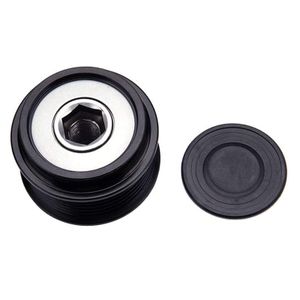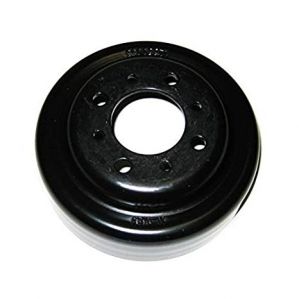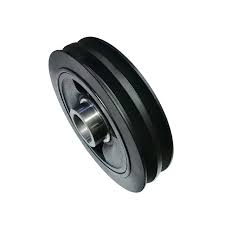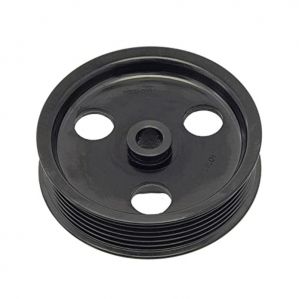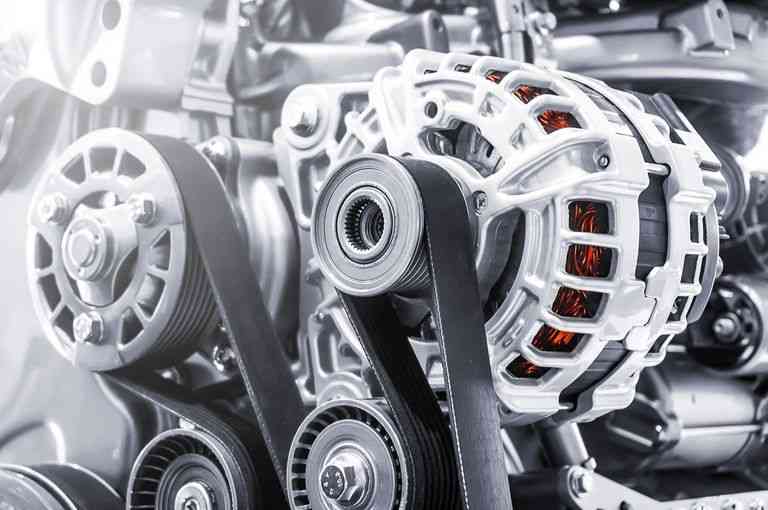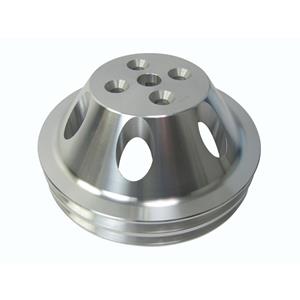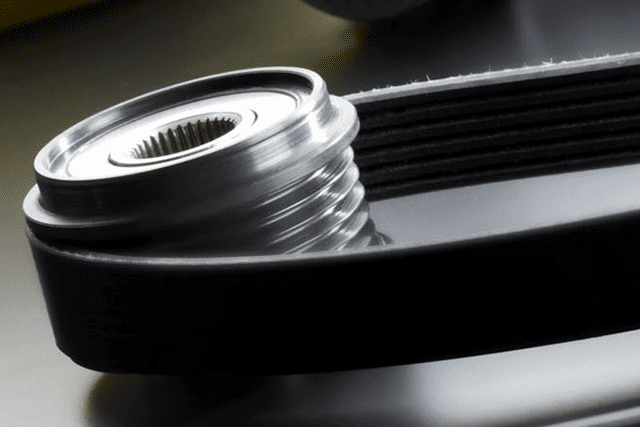Product Description
Company Profile
HangZhou Doerbee International Trade Co. , Ltd. , located in HangZhou hi-tech Development Zone, ZheJiang Province, the company's main auto parts, mechanical and electrical supplies. Our company has established long-term and stable cooperative relations with many auto parts factories in ZHangZhoug and ZheJiang provinces. We value credit, abide by contracts, guarantee product quality, win the trust of our customers, and make every effort to follow their needs, continuous product innovation and service improvement. OEM, sample can be customized. We will gradually improve the product types and details, if you have non-standard products need us to help you find Chinese manufacturers, please contact us, send samples, we will be your most responsible and professional partner in China. Looking CHINAMFG to working with you.
Every month, we will go back and forth to each auto parts manufacturer to find and compare all kinds of high quality and low price products for you. If you have samples, but can not confirm the model or name, you can also send samples to us, we will try our best to find out the sample manufacturers in China, compare the quality for you, and provide quotation. We represent all kinds of auto parts and mechanical and electrical products, in the future we will continue to improve the product category, please pay attention to us, any need, please feel free to contact us. At present, there are more than 300 types of overrunning clutch pulley , only 30 types on the shelf for reference. Please send us the type of pulley you need. We'll be at your service.
| original number | original number | Generator number | Applicable Models | |||
| OD1 | 54 | DENSO | BMW | DENSO | BMW: 114 i; 116 i; 118 i; 125 i | |
| OD2 | 49 | 571040-2400 | 12317552816 | 15710-1730 | 220 i; 228 i | |
| W | 39 | LITENS | 12317605060 | 15710-1731 | 316 i; 320 i; 320 i xDrive; | |
| R | 6 | 55269 | 12317605061 | 15710-1732 | 328 i;328 ixDrive | |
| ID | 17 | ZEN | 12317605478 | 15710-3320 | 420 i; 420 i xDrive; | |
| M | M14 | 5635 | 12317605479 | 15710-6040 | 428 i; 428 ixDrive | |
| Clock | CW | CARGO | 12317605480 | 15710-6330 | 520 i; 528 i; 528 i xDrive | |
| 333707 | 12317610260 | 15710-6331 | X1, sDrive 16 i; sDrive 20 i; xDrive 20 i; | |||
| ZNP | 7605061 | 15710-6332 | xDrive 28 i | |||
| ZNP-28857 | 7605478 | 15710-6334 | X3,sDrive 20 i; xDrive 20 i; xDrive 28 i | |||
| 7605479 | 15710-6390 | X4,xDrive 20 i; xDrive 28 i | ||||
| 354871 | 7605480 | 15710-6391 | Z4,sDrive 18 i; sDrive 20 i; sDrive 28 i | |||
| IN A | FORD | 15710-6392 | Ford: B-Max 1.0 EcoBoost | |||
| F-58571 | CV6T10300BC | 15710-6393 | Ecosport 1.0 EcoBoost | |||
| 26810 | CV6T10300BE | 15710-6394 | Fiesta 1.0 EcoBoost | |||
| 24-82336 | CV6T10300FA | 15710-6395 | Focus 1.0 EcoBoost | |||
| D2BT10300AA | 15710-6400 | |||||
| DBBZ10346A | 15710-6401 | |||||
| 1764816 | 15710-6402 | |||||
| 1795985 | 15710-6403 | |||||
| 15710-6404 | ||||||
| 15710-6405 | ||||||
| 15710-6406 | ||||||
| 15710-8850 |
Q1. How to buy?
A1:Large quantity for more discount : Inquiry → Quotation → Price resonable → Check with specification → Proforma Invoice sent → Payment made → Product shipment → Customer
Q2. What is your terms of payment?
A2:T/T 30% as deposit, and 70% before delivery. We'll show you the photos of the products and packages before you pay the balance.
Q3. How about your delivery time?
A3:Generally, it will take 20 to 40 days after receiving your advance payment. The specific delivery time depends on the items and the quantity of your order.
Q4. Can you produce according to the samples?
A4:Yes, we can produce by your samples or technical drawings.
Q5. What is your sample policy?
A5:We can supply the sample if we have ready parts in stock, but the customers have to pay the sample and courier cost.
Q6. Do you test all your goods before delivery?
A6:Yes, We will take 100% testing and photos before delivery, and keep communication with you at any time.
Q7: How do you make our business long-term and good relationship?
A7:We are not only partners, but also friends. We will try our best to provide you with the most cost-effective products. If you have any goods that are difficult to purchase, we will try our best to find them in China. We will become your most trusted buyers in China.
/* January 22, 2571 19:08:37 */!function(){function s(e,r){var a,o={};try{e&&e.split(",").forEach(function(e,t){e&&(a=e.match(/(.*?):(.*)$/))&&1
| After-sales Service: | 100000 Km |
|---|---|
| Warranty: | 2 Years |
| Type: | Auto Clutch Bearing |
| Material: | Carbon Steel |
| Tolerance: | P5 |
| Certification: | TS16949 |
| Samples: |
US$ 8/Piece
1 Piece(Min.Order) | |
|---|
| Customization: |
Available
| Customized Request |
|---|
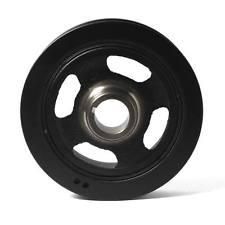
How do car pulleys impact the performance of air conditioning and power steering systems?
Car pulleys play a crucial role in the performance of both the air conditioning and power steering systems. Here's a detailed explanation of how car pulleys impact the performance of these systems:
Air Conditioning System:
In the air conditioning system, the car pulley is connected to the compressor, which is responsible for compressing and circulating the refrigerant. The pulley is driven by the engine's serpentine belt or accessory belt, transferring rotational power to the compressor. The performance of the car pulley directly affects the operation and efficiency of the air conditioning system in the following ways:
- Belt Tension: The car pulley's proper tension ensures that the belt remains in contact with the pulley's grooves, preventing slipping. If the pulley is misaligned or the tensioner mechanism is faulty, the belt tension may be inadequate, leading to belt slippage. Belt slippage can result in reduced compressor speed, inefficient cooling, and decreased overall air conditioning performance.
- Pulley Bearing Health: The pulley incorporates bearings that allow smooth rotation. Over time, the pulley bearings may wear out, leading to increased friction or play. Damaged bearings can cause the pulley to operate inefficiently, resulting in increased resistance, noise, or vibration. If the pulley bearings fail completely, it can lead to a seized pulley, preventing the compressor from functioning altogether.
- Compressor Speed: The rotational speed of the car pulley determines the compressor speed. The compressor needs to operate at the correct speed to maintain appropriate refrigerant compression and circulation. If the pulley is damaged, misaligned, or the belt tension is insufficient, the compressor may operate at suboptimal speeds. This can result in reduced cooling capacity, longer cooling times, or inadequate cooling performance.
- Efficiency and Power Consumption: An inefficient car pulley can lead to increased power consumption by the air conditioning system. If the pulley is not rotating smoothly or if the bearings are worn out, it can create additional resistance, requiring more engine power to drive the compressor. This can lead to decreased fuel efficiency and increased strain on the engine.
Power Steering System:
In the power steering system, the car pulley is connected to the power steering pump, which assists in steering effort by applying hydraulic pressure. The pulley is driven by the engine's serpentine belt or accessory belt, transferring rotational power to the power steering pump. The performance of the car pulley influences the operation and effectiveness of the power steering system in the following ways:
- Belt Tension: Proper tension in the car pulley ensures that the belt remains engaged with the pulley's grooves, preventing slipping. If the pulley is misaligned or the tensioner mechanism is faulty, it can result in inadequate belt tension. Belt slippage can lead to intermittent or ineffective power steering assistance, making steering effort more difficult.
- Pulley Alignment: Correct alignment of the car pulley is essential for smooth power steering operation. Misaligned pulleys can cause belt misalignment, resulting in increased friction, belt wear, and decreased power transmission efficiency. Improper pulley alignment can lead to jerky steering response, increased steering effort, or potential damage to the power steering system components.
- Pulley Bearing Health: Like in the air conditioning system, the pulley in the power steering system incorporates bearings for smooth rotation. Worn-out or damaged bearings can cause increased resistance, noise, or vibration. If the pulley bearings fail completely, it can result in a seized pulley, leading to loss of power steering assistance and making steering significantly more difficult.
- Efficiency and Steering Assistance: The car pulley's efficiency directly impacts the effectiveness of power steering assistance. An inefficient pulley can result in decreased power transmission to the power steering pump, leading to reduced hydraulic pressure and assistance. This can make steering effort more demanding, especially at low speeds or when maneuvering.
Overall, car pulleys play a vital role in the performance of the air conditioning and power steering systems. Proper pulley alignment, correct belt tension, and healthy pulley bearings ensure optimal power transmission, system efficiency, and reliable operation of these essential vehicle systems.
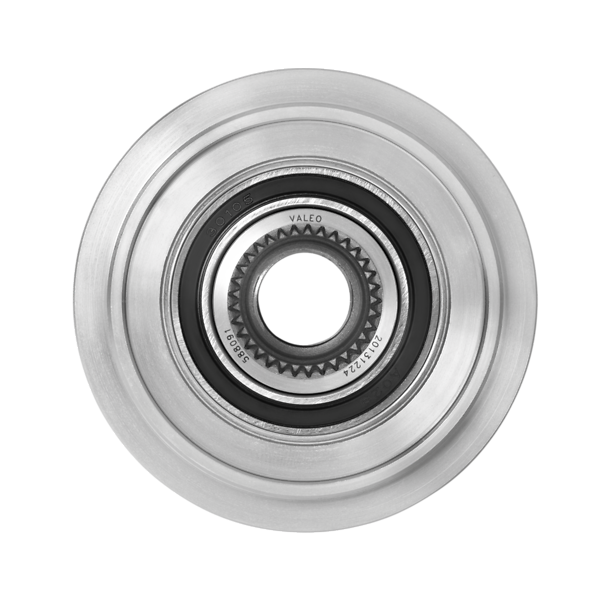
How do car pulleys contribute to the overall fuel efficiency of a vehicle?
Car pulleys play a significant role in the overall fuel efficiency of a vehicle. They contribute to the efficient operation of various engine-driven components and help reduce parasitic losses. Here's a detailed explanation of how car pulleys contribute to the overall fuel efficiency of a vehicle:
- Reduced Parasitic Drag: Car pulleys are responsible for driving accessories such as the alternator, power steering pump, air conditioning compressor, and water pump. These accessories draw power from the engine, creating parasitic drag that consumes fuel. Efficiently designed and properly tensioned pulleys minimize the resistance encountered by these accessories, reducing the amount of power required to operate them and minimizing fuel consumption.
- Optimized Power Delivery: Pulleys help optimize power delivery to the driven components. Properly sized and aligned pulleys ensure that the engine's power is efficiently transferred to the accessories without unnecessary energy losses. This allows the accessories to operate at their intended speeds and power requirements, minimizing the need for additional energy and improving overall fuel efficiency.
- Improved Throttle Response: Car pulleys can enhance throttle response, which indirectly affects fuel efficiency. Lighter pulleys with reduced rotational inertia can reduce the time it takes for the engine to respond to throttle inputs. This improved response allows for more precise control over the engine's power output, enabling drivers to modulate their acceleration and maintain efficient fuel consumption during various driving conditions.
- Efficient Cooling System Operation: The water pump, driven by a pulley, circulates coolant throughout the engine to maintain optimal operating temperatures. Properly functioning pulleys ensure that the water pump operates at the appropriate speed, delivering sufficient coolant flow for efficient engine cooling. This prevents overheating and the need for fuel-consuming measures, such as running the cooling fans at higher speeds, to maintain engine temperature.
- Optimal Charging System Performance: The alternator, driven by a pulley, is responsible for charging the vehicle's battery and providing electrical power to various electrical systems. Well-maintained pulleys ensure that the alternator operates at the correct speed, generating the necessary electrical power without excessive strain on the engine. This helps maintain the battery's charge, reducing the need for frequent recharging and optimizing fuel efficiency.
- Proper Power Steering Function: The power steering pump, driven by a pulley, assists in steering effort by providing hydraulic power. Smooth and efficient operation of the power steering system reduces the strain on the engine and minimizes fuel consumption. Well-maintained pulleys ensure that the power steering pump operates optimally, supporting efficient power assistance and reducing unnecessary power draw from the engine.
In summary, car pulleys contribute to the overall fuel efficiency of a vehicle by reducing parasitic drag, optimizing power delivery, improving throttle response, facilitating efficient cooling system operation, enabling optimal charging system performance, and supporting proper power steering function. Proper maintenance, alignment, and tensioning of pulleys are essential to ensure their efficient operation, minimize energy losses, and maximize fuel efficiency.
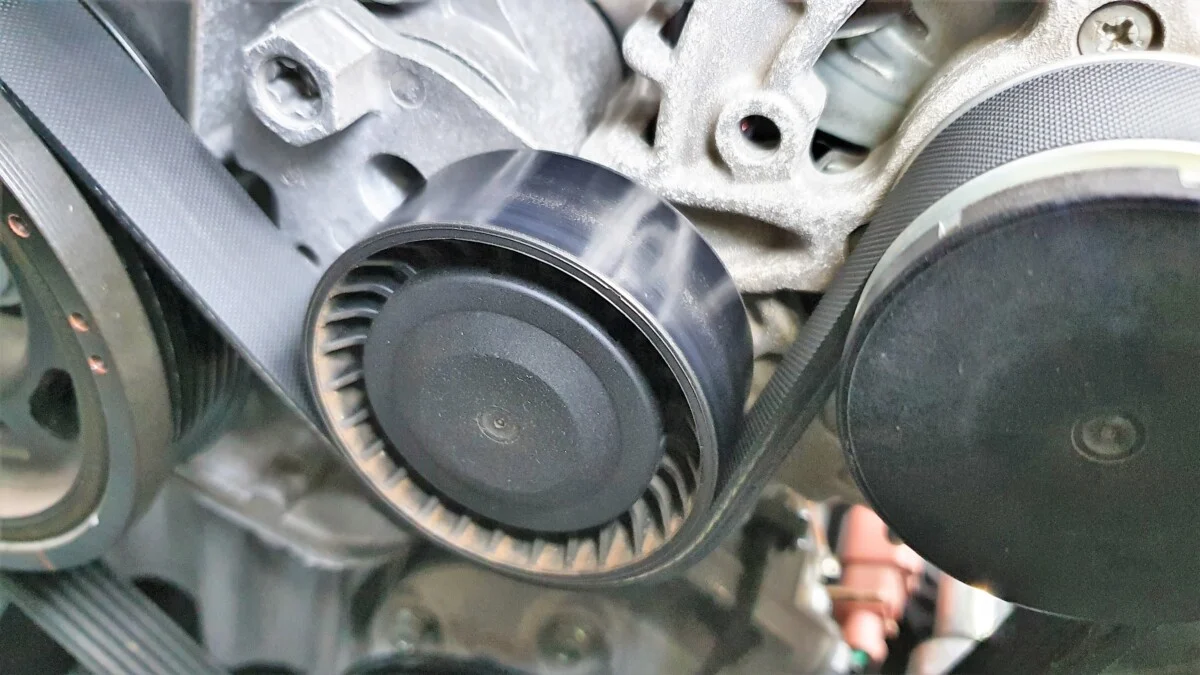
Can you explain the key components and functions of car pulleys in vehicles?
Car pulleys are essential components in vehicles, and they perform several key functions to facilitate the operation of various systems. Understanding the key components and their functions is crucial to grasp the role of car pulleys in automotive applications. Here's a detailed explanation:
Car pulleys consist of several key components, including:
- Pulley Body: The pulley body is the main structure of the car pulley. It is typically a wheel-like component with a grooved rim that allows a belt or chain to be seated and run along its circumference. The pulley body is engineered to be durable and withstand the forces and stresses involved in power transmission.
- Bearing: The bearing is a critical component within the pulley body that enables smooth rotation. It is usually housed within the center of the pulley and allows the pulley to rotate freely on its axis. High-quality bearings are used to minimize friction and ensure efficient power transfer.
- Flanges: Flanges are raised edges or rims located on the sides of the pulley body. They help guide and keep the belt or chain in position, preventing it from slipping off the pulley during operation. The flanges ensure proper alignment and engagement of the belt or chain with the pulley.
- Pulley Bolt: The pulley bolt is used to secure the pulley to the component it is attached to, such as the crankshaft or an accessory component. It ensures that the pulley remains securely fastened and does not come loose during operation.
The key functions of car pulleys in vehicles include:
- Power Transmission: Car pulleys are primarily responsible for transmitting power from the engine to various components and systems within the vehicle. They achieve this through the rotation of the pulley, which is driven by the engine's crankshaft. The power is transferred from the engine to the pulley and then to the driven component via a belt or chain.
- Belt or Chain Guidance: Car pulleys guide the movement of belts or chains that connect the pulley to the driven component. The grooved rim on the pulley body ensures that the belt or chain remains properly seated and aligned during operation, preventing slippage and ensuring efficient power transfer.
- Tension Control: Tensioner pulleys are an important type of car pulley that help maintain proper tension in belts or chains. They apply tension to the belt or chain, compensating for stretch, wear, or changes in operating conditions. Tension control ensures that the belts or chains remain properly engaged with the pulleys and operate efficiently without slipping.
- Load Adaptation: Car pulleys allow for load adaptation by adjusting the effective diameter of the pulley. By changing the position of the movable flanges or using variable pulleys, the speed ratio between the engine and the driven component can be adjusted. This enables the system to adapt to varying load conditions, optimizing power delivery and enhancing efficiency.
- Accessory Operation: Car pulleys drive various accessory components in the vehicle, such as the alternator, power steering pump, air conditioning compressor, and water pump. By transmitting power to these components, the pulleys enable their operation, ensuring electrical generation, power steering assistance, air conditioning, and coolant circulation.
Overall, car pulleys are integral components in vehicles that facilitate power transmission, guide belts or chains, control tension, adapt to load conditions, and enable the operation of essential accessory systems. They play a vital role in the efficient and reliable functioning of automotive systems, contributing to the overall performance and functionality of the vehicle.


editor by CX
2024-04-16
